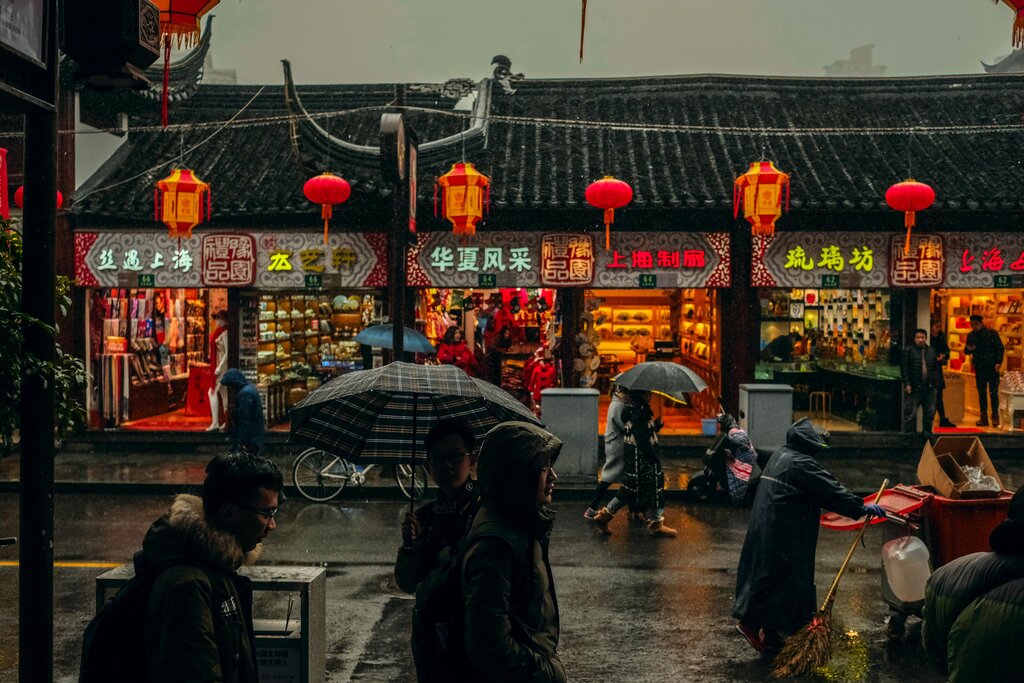A visit to China is on the bucket lists of travelers all around the. It is hard to get a full grasp of eastern culture without visiting the sprawling country, and there are so many incredible sights to see while there. Anyone planning a trip to the massive Asian nation may also be considering visits to its special administrative regions, Hong Kong and Macao. While these places may share a few similarities, there are some glaring differences that tourists should be aware of before visiting.
A Look at the Finer Cultural Points

Hong Kong and Macao were colonies of the British Empire and the Portuguese Empire respectively and were only recently handed back to China. The former was transferred back in 1997, while the latter became part of China’s special administrative regions in 1999. The people that live in Hong Kong and Macao are considered to be of Chinese heritage. But because the two regions spent hundreds of years separate from China, a number of cultural differences have emerged.
One of the major disparities between these locations that tourists will notice is language. English speakers are not that common in China, but it is one of the official languages of Hong Kong. Portuguese is listed as an official language in Macao. Both of these special administrative regions speak Cantonese, whereas Mandarin is the most commonly spoken language in China.
It is also apparent that Hong Kong and Macao have had much more of a western influence. This is thanks to the fact that there are fewer restrictions on internet usage in these places. In China, the Great Firewall places heavy restrictions on what people can access on the internet. This means the people living there have far less awareness of what is happening in the wider world. But in Hong Kong and Macao, the people are better informed and have a more blended culture between east and west.
Attitudes of Macao Perhaps More in Line With Asian Beliefs

The fact that Macao is one of the planet’s biggest gambling hubs is probably the starkest difference in attitudes between the world’s most densely populated region in the world and China. People travel from all over to stake in Macao, but gambling in China is completely illegal.
Despite the fact that gambling is highly regulated in many Asian countries including China and Japan, people from the continent are known to enjoy games of chance. This is probably why such a vast number of mainland Chinese nationals flock to Macao every year.

Macao also attracts a vast number of Japanese players who enjoy staking on games of chance. A lot of the games on offer in Macao differ from those found in Las Vegas, as the casinos have to cater to this clientele. Japanese people enjoy a game called Pachicom, for instance, which is a mixture of pinball and slots.

This could explain why there are so many online slot players at casinos in the country. Indeed, this is one of the most popular genres there, and review sites have sprung up to help players find the best sites at which to play them. The sprawling casinos in Macao are some of the biggest in the world, and players will find endless rows of slot games there.
What Other Things Should Tourists of Asia be Aware of?

When looking at Asian countries from a western perspective, it can be easy to assume that they are all fairly similar. But thinking in that way can be a major mistake. As noted above, there are some huge differences between China and its special administrative regions that tourists need to be aware of. If you travel a bit further south to countries like Laos and Thailand, the cultures there are totally different as well. The best advice before traveling anywhere would be to read about the country before visiting.
When thinking about visiting China and its SARs, it would be wise for travelers to treat them as totally different countries with diverse rules and regulations. The best advice would be to read travel books about them first in order to be fully prepared. Each place can offer gems for travelers, and they are all worth visiting on their own merits.

